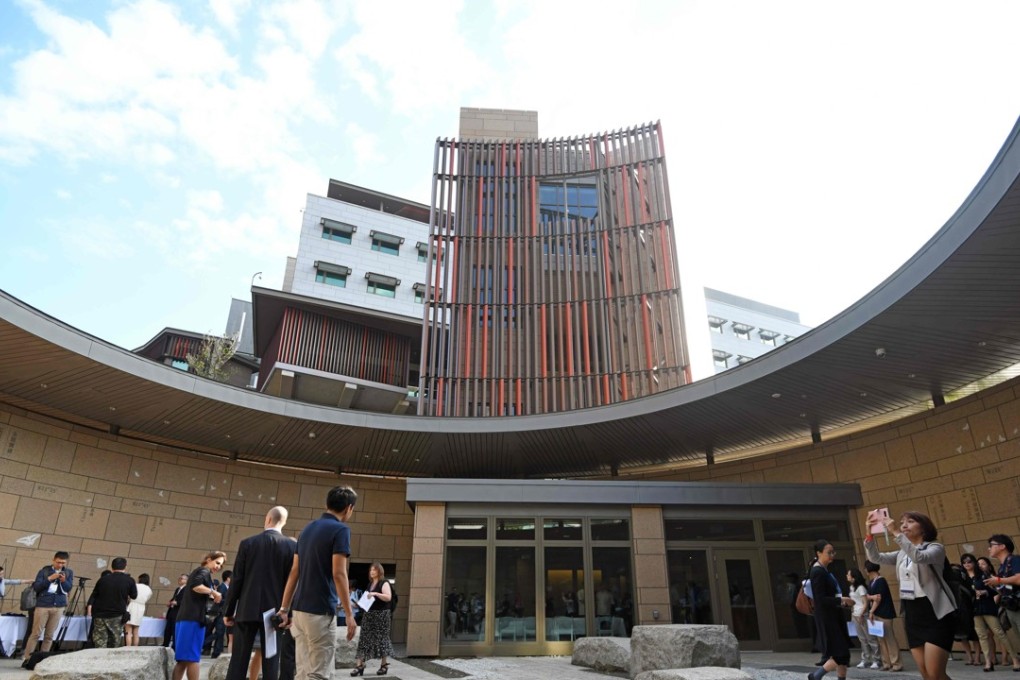US sending American personnel to guard its de facto embassy in Taiwan
State Department declines to say whether marines will be stationed in uniform at American Institute in Taiwan, the informal US embassy in Taipei

Editor’s note: An earlier version of this story was incomplete. It has been updated as of 2:55pm.
The United States has said it will send American security personnel to its de facto embassy in Taiwan when its new premises become operational in September.
A State Department spokesman made the comment in response to questions on whether the US will send marines to provide security at the American Institute in Taiwan (AIT) when the new premises become operational.
“As is the practice at AIT’s current location, a small number of American personnel detailed to AIT along with a larger number of locally hired employees will provide security for the new office building in cooperation with local authorities,” the spokesman said.
Earlier media reports, including CNN, said in June the State Department had requested that US marines be sent to the AIT. If such a request were granted for the new facility, it would be the first time in nearly 40 years that US marines had guarded a diplomatic mission in Taiwan.
But the Marine Corps Times reported in July that the request had not been granted.